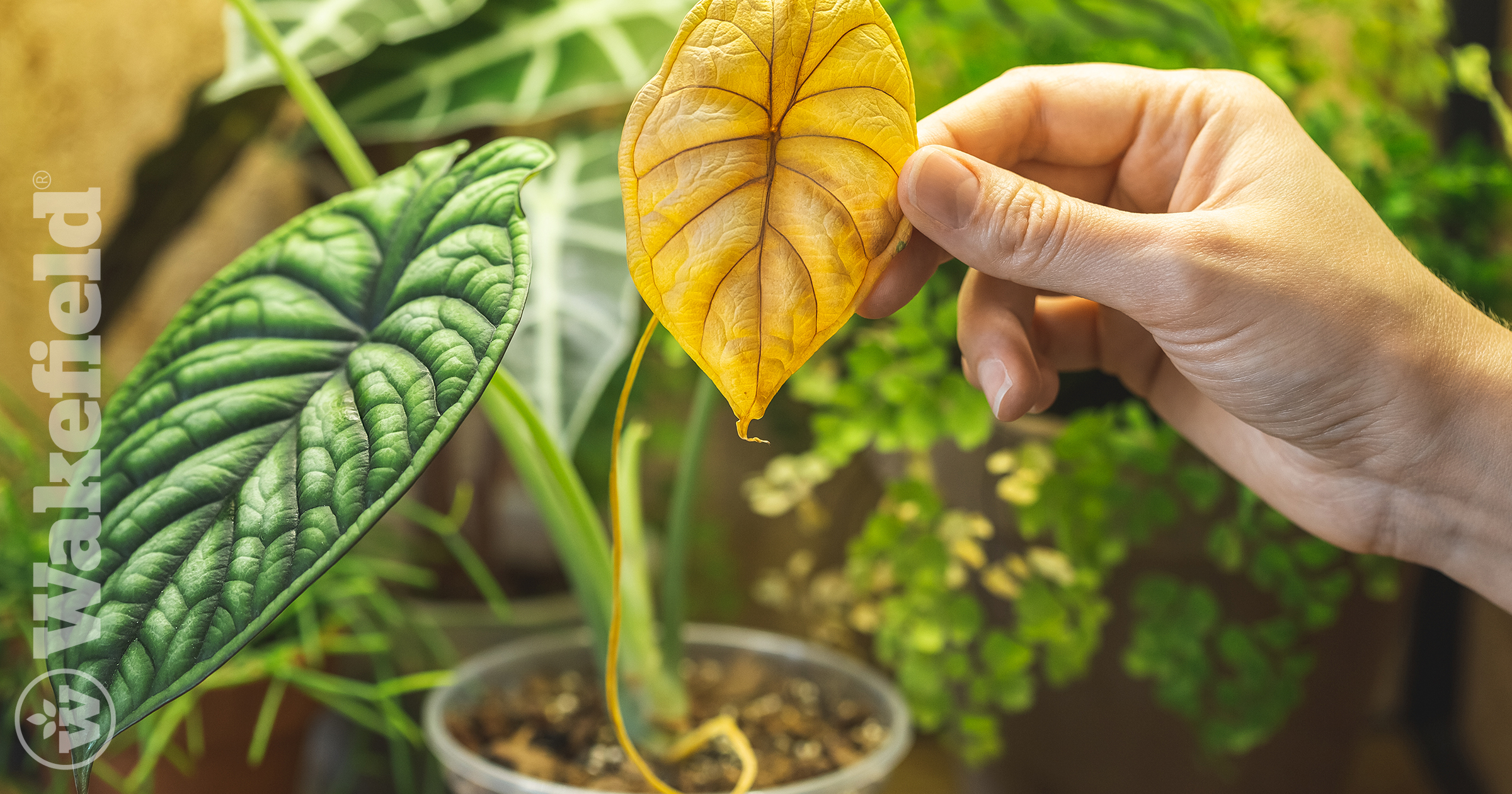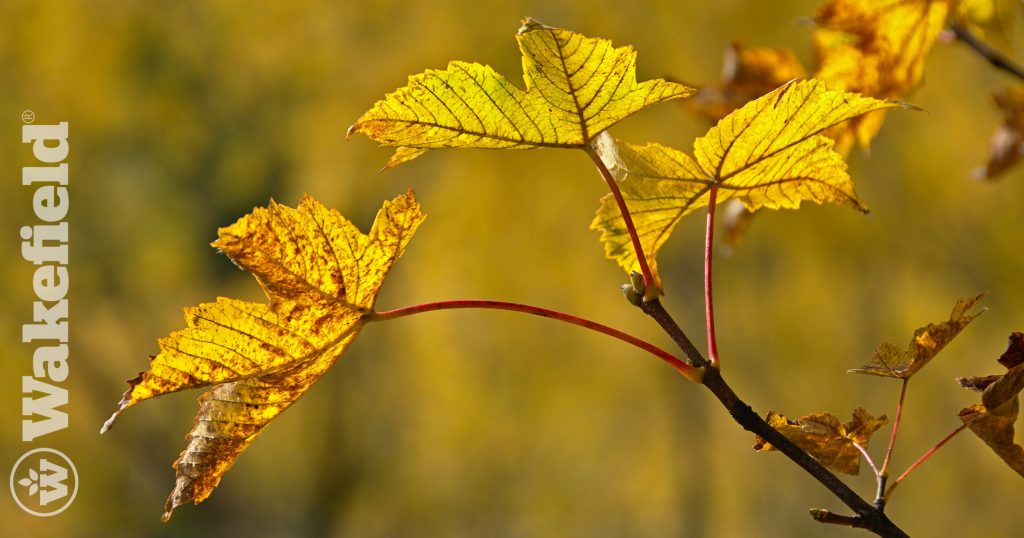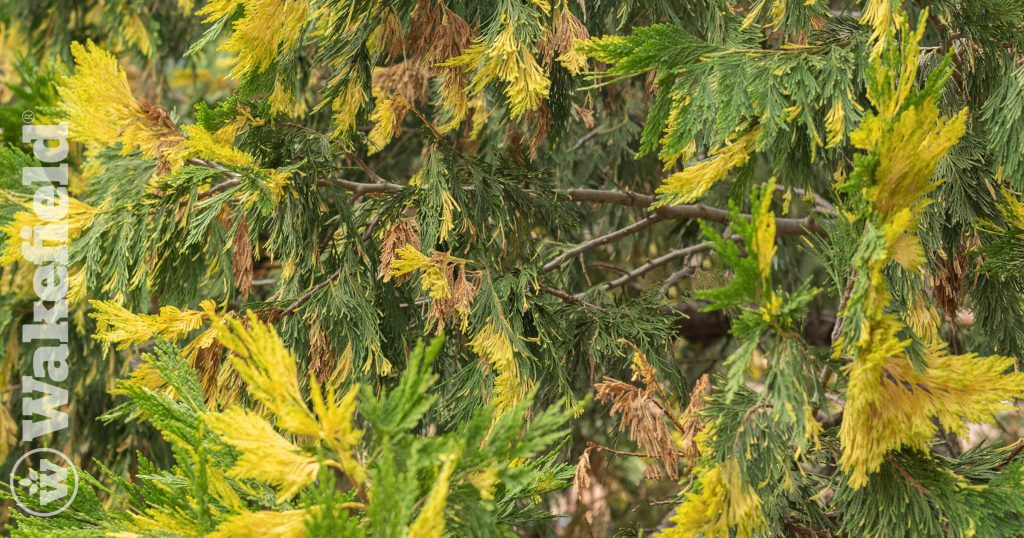How Biochar Prevents Chlorosis

If your plant’s leaves are turning yellow, ensure they have enough water and proper sunlight. If those are adequate, the cause might be nutrient deficiency, poor drainage, or a compacted root system. Biochar can help prevent chlorosis, which is the formal term for leaf yellowing. By improving soil structure and reducing compaction, biochar boosts aeration and helps water move better through the soil.
Benefits of Biochar
Biochar helps sandy soil hold more water, allowing plants to access moisture even during dry spells. If yellow leaves result from nutrient deficiency, biochar is effective in retaining nutrients in the soil. This makes them available to your plants when needed.
Would you like a flourishing garden with less work? Biochar can make that happen by improving your soil in various ways. Its porosity allows it to store vital nutrients, making them less likely to leach out and more available to your plants.
Biochar also protects and increases beneficial microbes due to its porous nature. Some micronutrients in biochar become energy sources for plants, preventing certain diseases and decreasing pests. Additionally, biochar helps soil retain water, allowing plant roots to access moisture even during dry conditions.
What to Know Before Applying Biochar
Before applying biochar to your lawn, garden, or crops, it’s crucial to know your soil type. You can send a soil sample to your county agricultural extension agent for testing or use a DIY soil testing kit. Different soil types require different amounts of biochar.
For the best results, mix biochar into the soil so it makes up about 10 percent of the soil mix in the root zone. Water sufficiently to keep the soil moist for five to seven days before planting. For houseplants, mix biochar into the potting soil or sprinkle it on top and add water.
Learn More from Wakefield BioChar
Visit Wakefield BioChar to learn more about how biochar can help your plants flourish with less work. It’s important to buy the right biochar for your lawn and garden needs. Our premium Wakefield Biochar helps retain more nutrients.
Our Wakefield Compost + Biochar with mycorrhizal fungi boosts microbial activity and strengthens roots. Wakefield Premium Compost enriches soil while reducing disease. Using biochar also helps combat climate change by sequestering carbon in the soil in a stable form that doesn’t decompose into CO2 for hundreds of years.







